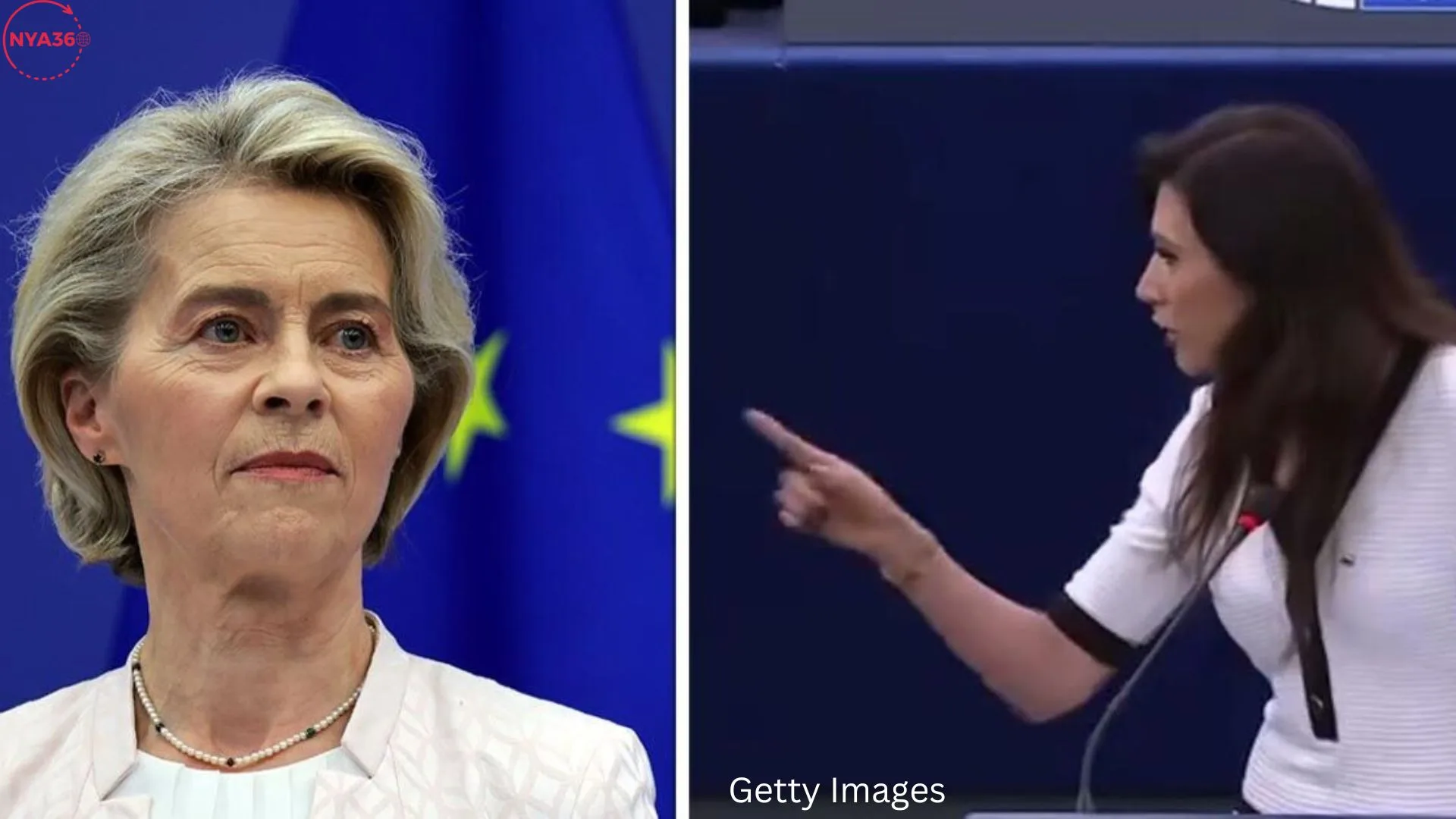Polish MEP Ryszard Legutko has made a bold statement by advocating for the incarceration of Ursula von der Leyen, the President of the European Commission, in response to the intensifying political conflicts inside the European Union. This comment, expressed in a recent parliamentary session, highlights the increasing division between specific Eastern European member states and the leadership of the European Union in Brussels.
Ryszard Legutko, a senior member of the European Conservatives and Reformists (ECR) group, leads a faction within the European Parliament that has become more outspoken in its critique of the central administration of the European Union. Amidst continuous debates over the rule of law, judicial changes, and financial management within the EU, the Polish MEP has demanded that von der Leyen be imprisoned.
Poland, together with Hungary, frequently disagrees with the European Union’s executive branch, particularly concerning matters of judicial autonomy and democratic criteria. The European Commission has commenced multiple legal actions against both countries, contending that their domestic policies erode the basic principles of the European Union. These acts have resulted in a highly divided political climate characterized by many allegations and retaliatory claims.
Legutko’s declaration was based on multiple accusations against Ursula von der Leyen. One of the main allegations against her is that she exceeded her authority and used EU funding for political reasons. Legutko argues that von der Leyen has exerted excessive control over the distribution of the European Union’s financial assets, specifically the Recovery and Resilience Facility (RRF), which was created to assist member states in recovering from the economic consequences of the COVID-19 pandemic.

The Polish Member of the European Parliament (MEP) alleges that von der Leyen is utilizing the Recovery and Resilience Facility (RRF) as a means to apply force on countries such as Poland and Hungary. This involves linking the allocation of cash to their adherence to EU laws, which these nations view as encroachments on their autonomy. Legutko argues that this action represents a misuse of authority and a breach of the standards of unbiased administration.
The demand for von der Leyen’s incarceration is unparalleled and primarily symbolic, indicating the profound frustrations of specific EU member states rather than a feasible legal recourse. Nevertheless, it prompts substantial inquiries regarding the distribution of authority within the European Union and the means at hand to tackle alleged excessive actions by its governing bodies. Legal analysts emphasize that prosecuting von der Leyen would necessitate compelling evidence and would probably encounter many procedural obstacles. The European Commission functions within a comprehensive legal framework that aims to safeguard its members from politically motivated assaults, guaranteeing that any legal proceedings are based on substantial evidence and adhering to proper legal procedures.
The European Commission has rejected Legutko’s claim as unfounded and driven by political motives. A representative for von der Leyen affirmed that the President is steadfast in her dedication to maintaining the principles of the rule of law and guaranteeing equitable and transparent allocation of EU money. The Commission restated its position that upholding EU values, such as judicial independence and anti-corruption measures, is crucial for maintaining the integrity and proper functioning of the Union. Von der Leyen has refrained from making any comments on Legutko’s speech. However, sources in her proximity suggest that she perceives these attacks as a component of the wider political obstacles confronting the EU. According to these reports, she is primarily focused on solving the economic and social recovery from the pandemic and fostering unity within the Union.

Legutko’s comments reflect the wider political dynamics occurring within the European Union. The emergence of populist and nationalist movements in multiple member states has resulted in a politically divided and conflict-ridden landscape. These movements frequently conflict with the EU’s central institutions, which they criticize for exceeding their authority and behaving undemocratically. The continuing negotiations about the EU’s multiannual financial framework and the Next Generation EU recovery plan add extra complexity to the situation. These financial instruments are crucial for maintaining the economic stability of the Union, and conflicts regarding their application have worsened existing tensions.
Polish MEP Ryszard Legutko’s demand for the arrest of Ursula von der Leyen represents a significant deterioration in the relationship between the European Commission and certain member states. Although the statement is not expected to lead to any legal consequences, it emphasizes the increasing differences within the European Union and the difficulties that its leadership is currently confronting. As the European Union continues to navigate through these tumultuous political circumstances, the necessity for open communication and reaching agreements becomes increasingly evident. The future stability and success of the Union must ensure that it can effectively address the needs of all its member states while respecting its core ideals.
Follow us on social media: Instagram, Threads & Twitter X @nya360_ YouTube & Facebook @nya360.





